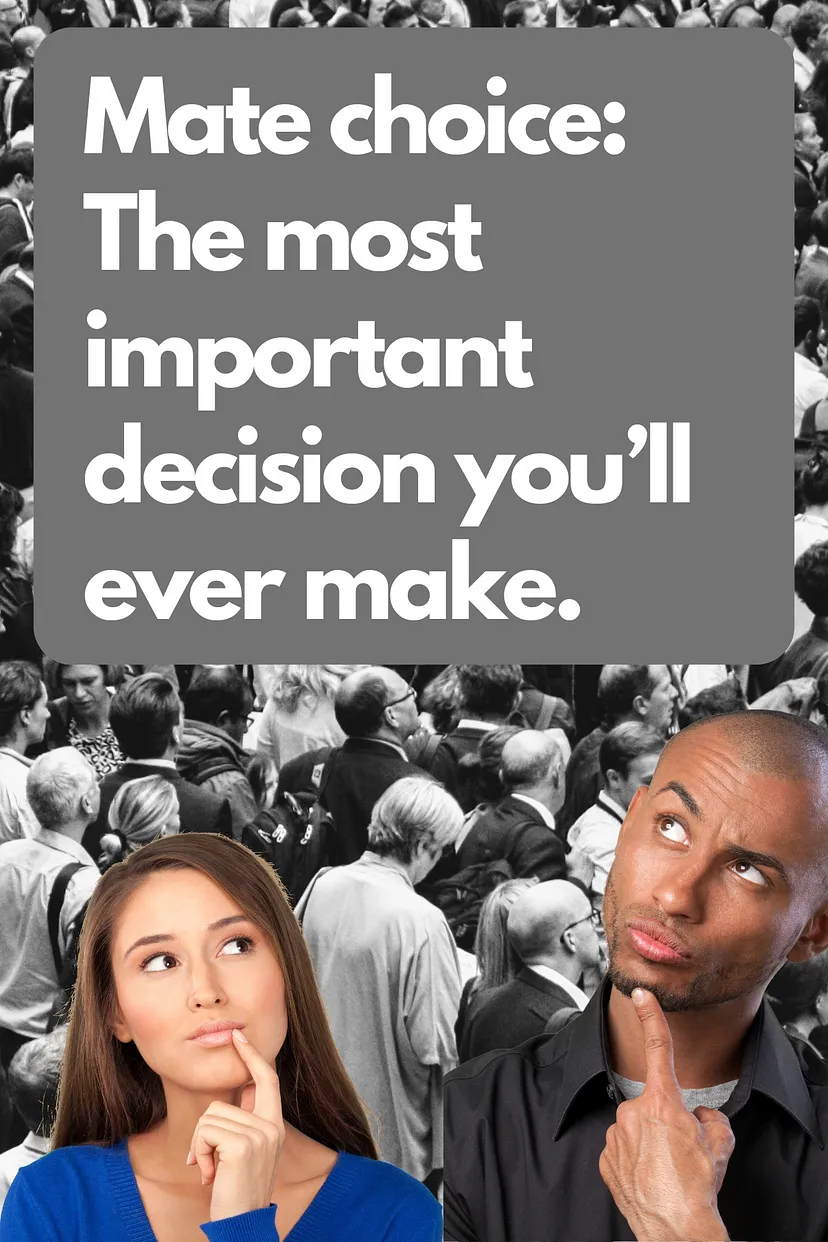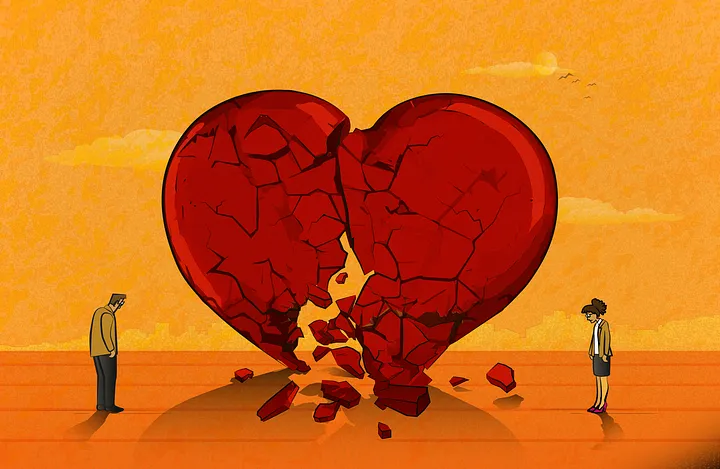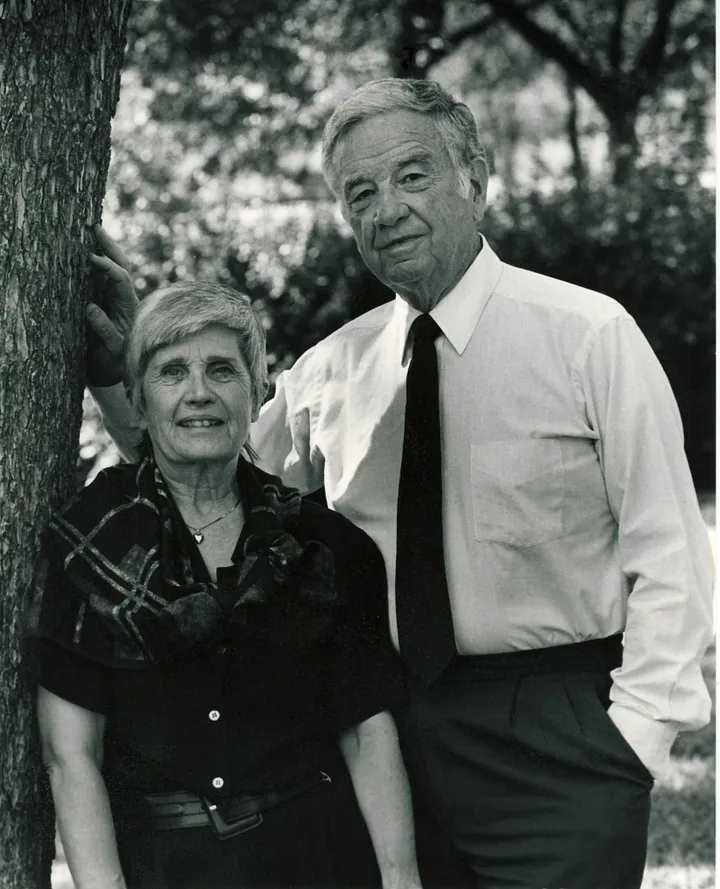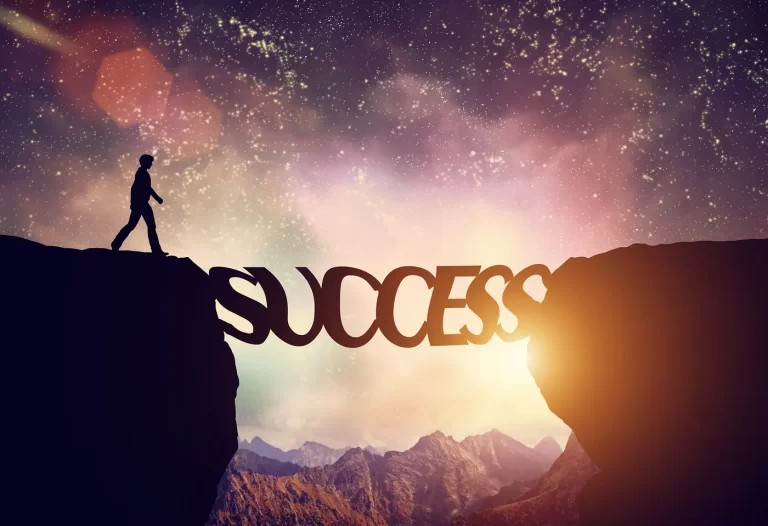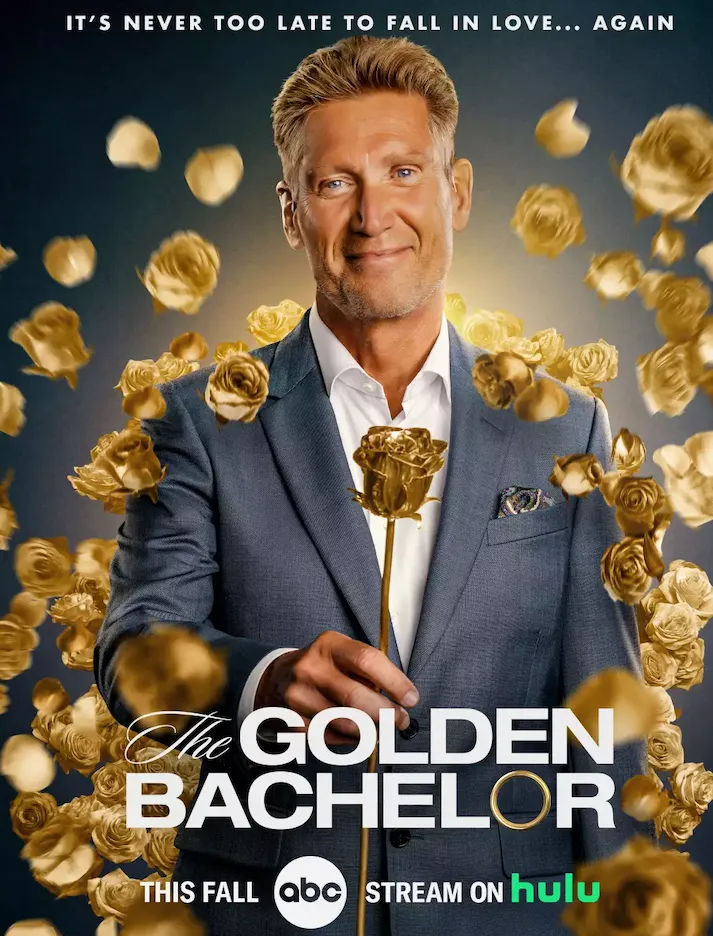The Art and Science of Love and Mate Selection.
People are making a mess of their lives by choosing the wrong mate for them. Finding a great life partner is possible if we’re thoughtful, patient, and discerning. Photo: Canva/Becky Whetstone.
If you ask me, the number one cause of divorce is choosing an incompatible mate. It pains me that humans don’t spend much time discerning who or what type of person would be a good or right match for them in long-term relationships. Instead, they date before they have the emotional maturity and skills to be a good partner themselves and choose from a relatively small number of people they believe are suitable, using criteria like physical attraction, who lights a fire in certain parts of their body, what the person’s body looks like, who is a challenge, and what kind of car they drive, then run with it. In some cultures, other people choose your mate for you. I’ve seen couples who chose one another and those who didn’t, and neither method seems to work very well.
I’m not saying things like physical attraction aren’t important, but when you’re going to spend your life with someone, you can be sure your partner won’t be beautiful forever. Ultimately, I want a friend and companion I enjoy spending time with and would hang around with no matter what gender they are.
I asked my mother once why she chose my father, who was as dysfunctional a person you could find who wasn’t locked up in a mental hospital, and she said, “Well, he was a lawyer.”
Indeed, a 21-year-old woman from a lower-middle-class family with a high school diploma during the Depression was probably looking for a good provider. Since we are all wired instinctually for survival, a good provider is a draw for a person who hasn’t set themselves up to provide for themselves. Anytime we choose a partner for what we can get from them that we can’t get for ourselves, it’s a bad day.
She set herself up terribly because he verbally abused her and cheated on her relentlessly, sometimes moving in with another woman for months or even years. She tolerated it because, to her, she had no other options. This is why I tell everyone who can read to have a plan to support themselves in case they need to leave.
There are so many ways to sabotage yourself when choosing a mate. I used to do it, too, hence my record of being married four times and divorced three. At least I stopped myself after number three and said, “Becky, what the hell are you doing? You have to get your s**t together.” This was part of what lit my insatiable thirst to learn everything I could about being a healthy human being and what it is to be healthy in relationships and families. If you want a committed relationship, I hope you will put more thought into it than you have anything else in your life. It’s that important.
I will share with you what I know and have observed about people and the reasons they give for choosing their mates. You’ll see where so many sabotage themselves. I hope you’ll take this information to heart and keep it in mind whenever you face a mate selection decision.
First concept: People are of equal value as human beings but not as potential mates.
No human has more value than another. What defines human value is that we are human. As a human, I am of equal value to Paul McCartney, even though he is a billionaire and beloved world-famous songwriter and musician. A human’s value is not measured by external things, such as money, beauty, talent, or anything else; those are just toppings on the ice cream dish of life that make us special and unique. However, not all humans are equally healthy and functional mentally and emotionally. When you are choosing a life partner, you need to know what to be aware of because if you choose someone who is low functioning, your life will be much more difficult than if you choose someone who is high functioning.
I have talked to clients who think it is wrong to dismiss low-functioning mates as partners because they see it as arrogant and conceited. I completely understand this, but healthy people put self-care at the top of their list of priorities, and allowing people in your life who don’t enhance it and drag you down is not good self-care.
It is not good mate choice decision-making to choose underdogs, stray puppies, dependent people, those who are mentally ill, addicts, those who have potential, who are needy or need rescuing. Like shopping for a house, you need a person who is move-in ready and not in need of a remodel or someone you have high hopes for because very few people change that much, though many know they should and say they will. To have a healthy relationship with someone, it is wise to choose someone as is, who is already functional, can support and take care of themselves, can be alone, and knows how to be self-reliant. In short, someone who is solid.
Marrying too young.
Some young adults choose their marriage partner before their brains fully develop. If you don’t know, our brains are like an investment that takes at least 25 years to mature. It’s there working before that, but it’s also uncontrolled and unpredictable, and we have little impulse control. That’s why children drive us crazy. They literally can’t control themselves.
Car insurance companies know young people make bad decisions and don’t lower their rates until they’re pretty sure that brain cake is done, in our mid to late 20s. (1) Yet, some of these young adults marry, not comprehending that who they are in their 20s is not remotely who they will be later on. My state of Arkansas has one of the highest divorce rates in the country, and that’s because people tend to marry at a very young age here, often because of a strict religious background. The younger you marry, the higher the chances you won’t make it.
The main reason to wait until you are older is to understand better who you are and who you are marrying. Another thing to note along these lines is how dependent a person is on their parents. If they still rely heavily on their biological family for life advice or want to please them or get their approval, it’s a good indicator that they are not fully grown up and mature and ready for marriage. A healthy marriage involves two people who put their own self-care at the top of their list, followed by their relationship. If their parents still come before the relationship, it’s a huge red flag.
I remember being out of college and working, but I still called my dad about buying a car, a house, or car tires. Then the day came that I didn’t even think of calling him. I no longer wanted or needed his advice or approval for anything I did. I had grown up, and this is what I’m talking about. I can’t tell you how many couples I have seen where one partner remains enmeshed with their biological family, and the left-out spouse feels like a second-class citizen in comparison. An emotional adult would not allow that to happen; it takes an emotional adult to have a solid marriage.
I must recognize here that some come from cultural backgrounds that value adult children staying enmeshed with their families until the kingdom comes. One reason is that staying close and helping one another has ensured the family’s survival over the decades and centuries. Still, the only way this will work for the person marrying into a family like that is if the newcomer is treated the same as everyone else and if the spouse values what the spouse wants when push comes to shove, and is loyal to their spouse over their family come what may. Anytime our partners feel left out or treated less than in a family group, it will have disastrous effects and is not a good day for the marriage.
Often, I see the dynamic where a couple marries when one person is more solid and established, and the other is dependent and looks up to the other. It happens often when the two have a large age difference, and each person is in a different life stage. I’ve yet to see a couple with a dynamic like this where the person who looked up to the other didn’t mature, become less dependent, take off the rose-colored glasses, and, at some point, demand a seat at the table of equality. I have seen a lot of spouses who enjoyed and needed to be looked up to and admired. I remember one man telling me when I interviewed him for my dissertation about how people decide to divorce, “When I decided to marry her, I needed to know that I made more money than any man she had ever dated. I thrived on her looking up to me.” That was his ego talking, I thought.
That man’s wife went to college, began a high-powered career, and no longer looked up to him like a child to a parent or needed him. She was fine with the marriage once she grew up and blossomed into who she was meant to be, but his ego couldn’t handle it, and he had an affair with one of his female students. Predictable.
If the person who married the unfolding adult child can’t allow and flex with their partner’s growth, and their ego needs to be looked up to, they’ll be left in the dust one day, and he was. But young people don’t think about these things; they think about physical appearance, ego, popularity, sex, and other things that don’t stand the test of time.
People underestimate the quality of partners they can attract.
This is a difficult topic because it sounds like I am being grandiose and saying some people are better than others. That is not my point. As I said before, people are of equal value as human beings, and all human beings are important. Still, for various reasons that have nothing to do with their humanity, some are better life partners than others.
Most of us can become great partner material if we work on ourselves and learn about what it means to be healthy as individuals and in relationships. Unfortunately, about 95 percent of people will never do that.
That said, after talking to thousands of people over the years, I have noticed that human beings have a tendency to rate themselves on a scale as far as how attractive they are to others. I talk to clients about this when they show a pattern of choosing high-maintenance, low-functioning, and even abusive partners. When this happens, it becomes an emergency to get them to see themselves as higher-quality partner material than they currently do. People tend to put themselves in a group where they feel they belong, but my issue is that their opinion of where they fit is often too low.
For explanation’s sake, let’s imagine that scale goes from 0 to 100, and the worst people on the planet are at zero; I’m putting psychopaths and the criminally insane at the bottom of my list, and the best, most unattainable ones are at 100. Who is 0 and 100 and who is in the middle depends on your own beliefs and value system.
I most likely cannot attract Brad Pitt, who is close to 100 on my scale, but I would like to find a mate as far toward the top as possible. For me, the best mates are self-sufficient, healthy, have a good personality, solid financial status, good physical health, are friendly with a good sense of humor, open, have a good relationship with themself, are confident, know who they are, have things and passions they believe in, enjoy multiculturalism and diversity, are accepting of those different than they are, capable of the give and take a relationship requires, and welcome growth and change. That is at the top of the scale for me, and I want to be that type of person and have a partner with similar characteristics.
Too many of my clients have told me they don’t see themselves in the top 50 percent of their scale when I can see that they are. I may see a client as a 90 or 95, and they will tell me they are a 40 or 45. Not seeing yourself as the valuable, wonderful person you are sets you up to lowball when it comes to mate choice. It is vital that you get your self-image to an accurate and healthy place before you go choosing life mates. It is human nature for most people to look at themself with a humble eye, but do not underestimate how wonderful you are. It’s okay to know you are solid mate material and to be at peace with, like, and love yourself.
Power differentials.
Marriage therapists know that the more differences a couple has in what we call power and privilege dynamics, the more likely they will face problems moving forward. So, finding someone with similar characteristics and background as you will eliminate many of the potential pitfalls couples often face.
Different economic resources, education, social position, cultures, ethnicity, religion, age, beauty, socioeconomic status, upbringings … consider them all.
When I was single in my 40s, I wasn’t thinking about my education as being an issue for men, but I soon learned it was for many as they would throw it in my face. One evening, I remember one date saying, “You think you’re so much smarter than I am, don’t you?” “Ew,” I thought. “Not really. I’m not even thinking about that at all.” But it made him feel insecure, showing me we could never be a match. These are problems that no one needs. If someone ever puts you down for what you have or don’t have, the solution is very simple: walk away.
That man, and others similar to him who pointed out my education and that I was a therapist as negative traits, taught me that I should either look for men with comparable education or who were confident enough not to care about my educational background and didn’t feel threatened that relationship dynamics are my thing. I hate that we have to think about these inequities, but we are fools if we don’t. Find someone confident in who they are so they aren’t threatened by who you are.
But they like only bad boys (or girls).
So many men have asked me, “Why do women seem only to want bad boys?”
The truth is that only unhealthy and dysfunctional women want bad boys. When it comes to gender differences, it is the same for men … dysfunctional men desire bad girls, and dysfunctional people are attracted to troubled people. Like attracts like, or so they say. Healthy people won’t choose unhealthy mates or those they perceive as “troubled” or “bad.” Be thankful if anyone rejects you because you’re not a rebel or rabble-rouser. You just dodged a bullet.
Solid people.
I’ve written dozens of times that when dating and choosing a mate, you will meet boys and girls and men and women. If you are attuned, you can sense the difference between the two. Boys and girls can be any age over, let’s say, 25, and are not solid and mature enough for a long-term relationship.
When I meet these types, I think of them as outrageous, ridiculous, and often, into a party lifestyle or bar culture. If you are looking for a party girl or boy, you will get what you ask for, and when you come to see me for marriage counseling in a few years, I will look at you and ask, “Why?” When it comes to the choice of partners, you could not do worse.
I never was a partier, not to say I have never partied. Even in junior high and high school, my friends were the solid kids, and I avoided the party kids. My point is that even at a young age, I could tell who was solid as a person and who was not. You should be able to do that, too. Those who partied in high school and college often grow up, mature, and become solid. But don’t choose them as your partner until you know for certain.
Sample size.
Doesn’t it make sense that the odds of finding a truly compatible mate might take more than picking from a sample size of less than ten people? People once teased me when I told them I had dated dozens of men, maybe more, but dear Lord, I wanted to find an excellent mate. The more I learned about what a healthy mate was, the more difficult it was to find one. There are tons of single people out there who are so dysfunctional that they have no business dating, yet they are seeking new relationships all the time. They will present themselves as partner material, so your most important role is to ensure they don’t end up with you.
Some people seem to be in a hurry to partner up at a certain point in their lives and don’t want to do the due diligence required to make a successful life-mate decision. Even after a divorce, I have noted that many of my clients jump back into dating too soon and tend to wed someone from a sample of less than five possibilities.
Are people not patient? Can they not be alone? What criteria are they using? It should be common sense that after we come out of a relationship, we should take time to grieve, reflect, and learn our lessons before moving forward into another one. Conveyor belt relationships, one right after the other, are a ridiculous way to manage your life and a great way to end up in another bad relationship. It is wise to slow down, take your time, and be better and more mindful about how you live your life.
Our relationship choices matter to our health, well-being, and the mental and emotional development of our current or future children.
I once had a girlfriend who was an attorney and fellow single mom who told me her only criteria for a man was that he be Republican and make at least $60,000. I knew then that she was the dating equivalent of a reckless driver. It was difficult to avert my gaze as she dated men who conned her and her friends out of money (not me, of course), who verbally abused her and her child, and who were some of the worst mate choices I could have imagined. She married at least one of them. This was a case of too little self-respect and not enough limits on the type of person she was willing to accept.
To find the right partner, you have to have a vision of the qualities they will have, and your standards must be high. Go low, as my friend did, and like a moth to flame, you will pay a high emotional price, and so will your children. Have some common sense, and know what you will and will not accept.
The science of mate selection.
What draws us to the people we end up with? Sociologists and evolutionary psychologists have been studying this topic for years, and their findings are fascinating.
At our core, we are all driven to do what we do because of biological imprinting that goes back to the beginning of time. Back in the Stone Age, women worried about survival. They knew instinctively that the strong tended to survive and flourish, and the weak did not.
So when it came time for the cavewoman to seek a mate and reproduce, she followed her survival instincts and noted who were the best prospective partners. Cave women valued men who were likely to stick around over the long term and provide strong and healthy genes that would give them the best shot at having strong and healthy children. In addition, the man needed to be able to provide food, shelter, and safety for her and their children. Our early ancestors sought men with the highest potential so they and their children would survive. This phenomenon occurs in every culture studied.
Even in societies like the United States, where the infant mortality rate is relatively low, women are still drawn to culturally successful men. On a subconscious level, they know that they and their children will benefit. Just like the cavewoman, the modern woman is drawn to the most successful man because it affects her and her children’s survival. This is still true, even though women today can provide for their children equally, like men. I always tell men not to hold it against women that they are drawn to good providers because it is in their DNA.
When the cavewoman couldn’t attract the most dominant caveman with strong genes and the best ability to provide and protect, she settled. From time immemorial, the only thing a woman could do was to settle for the next best man she could get. In prehistoric times, the man in the highest demand could have his pick among cavewomen. He valued physical attractiveness and faithfulness. It was important for the caveman to know that if his wife got pregnant, his seed would be planted. Therefore, the likelihood that the woman would remain faithful was one of his most important considerations when choosing a mate.
I was recently told of a woman who slept with every man she met on the first date and then never heard from them again. Of course, there is nothing wrong with that; women are sexual animals, but when a man is looking for a life partner, his DNA tells him to steer toward the women who are likely to remain faithful. Women who are freely and instantly sexual might make good partners but may overlooked as the man’s brain tells them to tread carefully.
Millions of years ago, the men and women with the first choice of the highest-quality mates were the dominant men with social status and the attractive and faithful women. The people who couldn’t attain their first choice lowered their standards, which is why so many of us end up choosing mates who are incompatible or mates we don’t feel that strongly about.
Today, in American society, it is a rare man or woman who can get first choice when it comes to potential partners. Just like in caveman days, the most desirable mates are in short supply. Take my client, Janie, who kept choosing men who weren’t healthy choices. As we explored the whys, she explained to me that she sees two choices: search for a man of high quality who also wants her, which she knows is in short supply and she may never find, or be more realistic and bring her standards down several notches on the desirability scale.
I always encourage my clients to shoot high and never sell themselves short. Here are some of the things I suggested that Janie do to find the kind of person she desired:
Accurately gauge the highest-quality person you can attract. If you have low self-esteem, you will likely choose someone with low self-esteem, and your relationship will be disastrous. So, work on your self-esteem and make sure it’s solid. Get healthy in mind, body, and spirit, and you will attract that. When considering mates, take chances and shoot higher than you normally might. Be patient. If you are healthy, you will be able to attract the right person for you.
Learn how to date and hold on to your heart while getting to know someone. Dating is a look-see process, like test-driving a car. It means nothing until you decide it does. It used to annoy me on dating apps when men would assume I was interested because I agreed to meet. My attitude was, no, I need to meet to see if I am interested. When you start talking to someone of romantic interest, take any false mask down and be yourself. Get to know the person you have met, spend time finding out their beliefs, values, dreams, and goals, etc. See if the person can emotionally connect, is well-balanced and mature, and if their personality fits and is a match for you. It will be smooth and easy if it is a fit, and there won’t be drama and turmoil. Walk away at the first sight of incompatibility and red flags.
If it looks like a match and you desire to delve into a romance, then do it. But always be willing to walk away if the weather changes or it becomes too difficult.
The choice of a life mate is the biggest one you will ever make. Be discerning. Don’t overlook things you shouldn’t. Be willing to walk away. If you feel you are in a hurry, then go to a therapist and figure out why you can’t be patient and mindful about finding a good fit. Being in a hurry screams that something is not right with you emotionally, and these things are fixable. Anyway, I want all single people to prepare themselves to be excellent mates and to do that by getting to the healthiest place they possibly can before hanging that shingle out that says they’re available. Finding the right person is an art and a science.
In 1871, Charles Darwin wrote about selecting mates in his book The Descent of Man, explaining that some people have more advantages than others when it comes to human mating and attracting mates. You have the power to give yourself the advantages by being the best mentally, emotionally, and physically healthy and accurately acknowledging the unique and special gifts you bring to the table. Make certain you are prepared to be the best partner you can, be patient, don’t ignore red flags, shoot high, and don’t settle.
(1) National Institute of Mental Health. https://www.nimh.nih.gov/health/publications/the-teen-brain-7-things-to-know#:~:text=Although%20the%20brain%20stops%20growing,the%20last%20parts%20to%20mature.
Check out my new ebook on marriage crisis and how to know if you need to separate. It also includes a plan for an amicable divorce.
We’ve got lots of news and exciting things going on in the relationship realm … so I’m preparing to send out a regular newsletter with the best relationship advice on the planet. To get on my email list, click here.
Becky Whetstone, Ph.D., is a licensed Marriage and Family Therapist in Arkansas and Texas* and is known as America’s Marriage Crisis Manager®. She is a former features writer and columnist for the San Antonio Express-News and has worked with thousands of couples to save their marriages. She can work with you, too, as a life coach if you’re not in Texas or Arkansas. She is also co-host of the YouTube Call Your Mother Relationship Show and has a telehealth private practice as a therapist and life coach via Zoom. To contact her, check out www.DoctorBecky.com and www.MarriageCrisisManager.com. Also, here is how to find her work on the Huffington Post. Don’t forget to follow her on Medium so you don’t miss a thing!
For licensure verification, find Becky Whetstone Cheairs.

